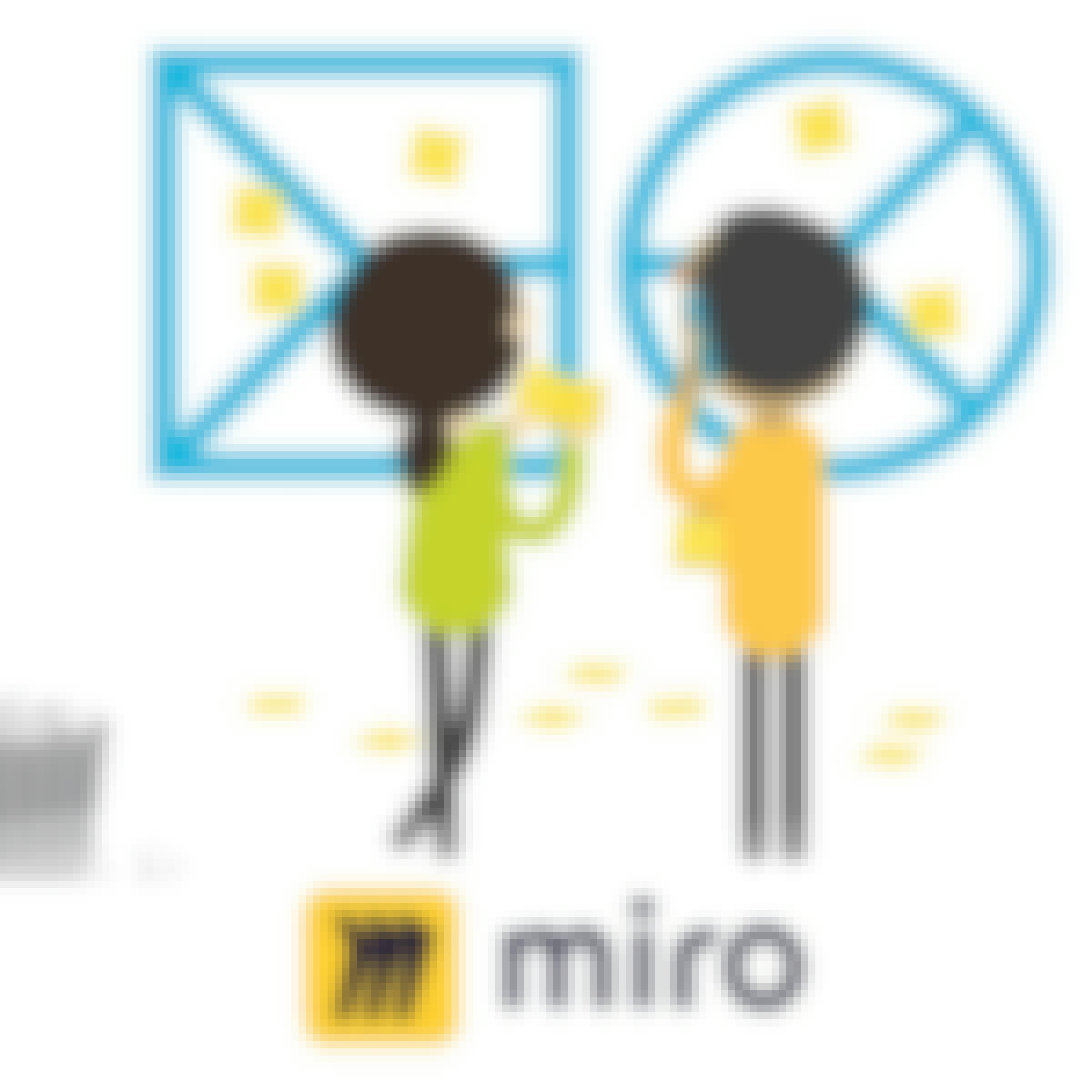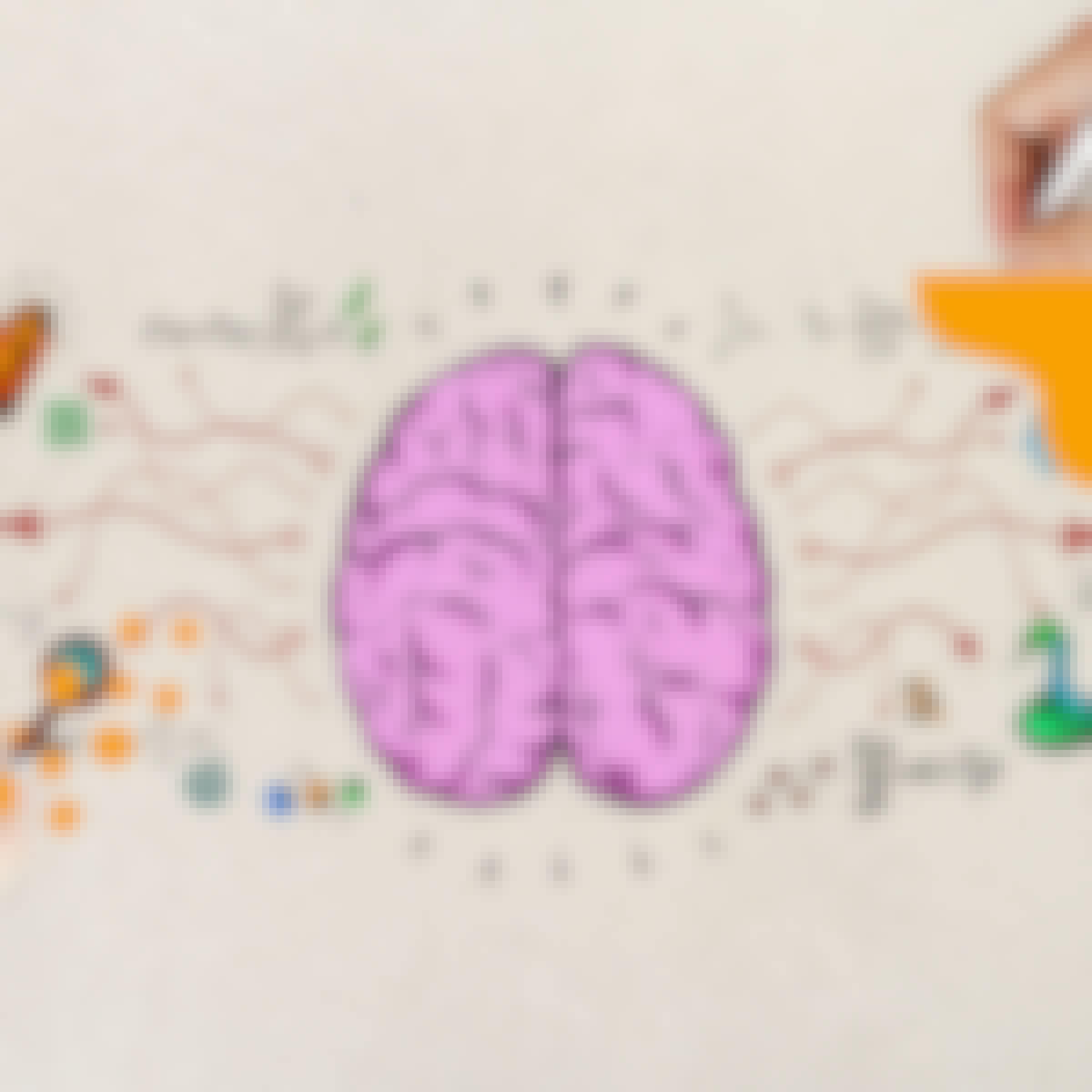Filter by
SubjectRequired
LanguageRequired
The language used throughout the course, in both instruction and assessments.
Learning ProductRequired
LevelRequired
DurationRequired
SkillsRequired
SubtitlesRequired
EducatorRequired
Results for "object-oriented design"

Coursera Project Network
Skills you'll gain: Value Propositions, Collaborative Software, Business Modeling, Project Design, Customer experience strategy (CX), Virtual Teams
 Status: Free Trial
Status: Free TrialSkills you'll gain: Game Design, Unreal Engine, Video Game Development, Interactive Design, Storytelling, User Interface and User Experience (UI/UX) Design, System Design and Implementation, Animations

Skills you'll gain: Generative AI, Applied Machine Learning, Google Cloud Platform, Tensorflow, Image Analysis, Cloud Development, PyTorch (Machine Learning Library), Data Modeling, Computer Graphics, Unsupervised Learning
 Status: NewStatus: Free Trial
Status: NewStatus: Free TrialSkills you'll gain: UI Components, Full-Stack Web Development, Application Deployment, Database Management, Databases, JavaScript Frameworks, Web Applications, Authentications, Front-End Web Development, Application Development, Back-End Web Development, User Interface (UI), OpenAI, Artificial Intelligence
 Status: New
Status: NewSkills you'll gain: Apache Kafka, Spring Boot, Real Time Data, Data Pipelines, JSON, Java, Docker (Software)

Google Cloud
Skills you'll gain: Generative AI, Google Workspace, Graphic and Visual Design

Coursera Project Network
Skills you'll gain: Brainstorming, Process Flow Diagrams, Ideation, Personalized Service, Data Import/Export, Productivity Software, Account Management, Collaborative Software, Cloud Applications
 Status: New
Status: NewUniversidades Anáhuac
Skills you'll gain: Critical Thinking, Decision Making, Complex Problem Solving, Problem Solving, Research, Strategic Decision-Making, Analytical Skills, Analysis, Teamwork, Collaboration, Proposal Development, Data Analysis

Coursera Project Network
Skills you'll gain: Facebook, Social Media Content, Social Media, Social Media Campaigns, Social Media Marketing, Marketing Materials, Advertising Campaigns, Promotional Materials, Design and Product

Google Cloud
Skills you'll gain: Generative AI, Google Cloud Platform, Data Analysis, Image Analysis, Data Processing, Text Mining, Artificial Intelligence
 Status: New
Status: NewInstitut Mines-Télécom
Skills you'll gain: Digital Communications, Emerging Technologies, Digital Transformation, Communication, Safety and Security, Persona (User Experience), Cyber Governance, Digital Content, Technology Strategies, Law, Regulation, and Compliance, Interaction Design, Cybersecurity, Artificial Intelligence, Identity and Access Management, Competitive Intelligence, Cultural Diversity, Innovation, Augmented and Virtual Reality (AR/VR), Ethical Standards And Conduct

Coursera Project Network
Skills you'll gain: Collaborative Software, Education Software and Technology, Content Creation
Searches related to object-oriented design
In summary, here are 10 of our most popular object-oriented design courses
- Canvas de propuesta de valor con Miro: Coursera Project Network
- Advanced Horror Gameplay and Inventory Systems: Packt
- Introduction to Image Generation - Bahasa Indonesia: Google Cloud
- Full-Stack Web Development with SvelteKit & Supabase: Packt
- Kafka for Developers - Data Contracts Using Schema Registry: Packt
- Gemini in Google Slides - Español: Google Cloud
- Créer un diagramme de Brainstorming avec Creately: Coursera Project Network
- Métodos de casos para decisiones estratégicas: Universidades Anáhuac
- Bewirb dein Kleinunternehmen auf Facebook mit Canva: Coursera Project Network
- Getting Started with Vertex AI Gemini 1.5 Flash: Google Cloud










